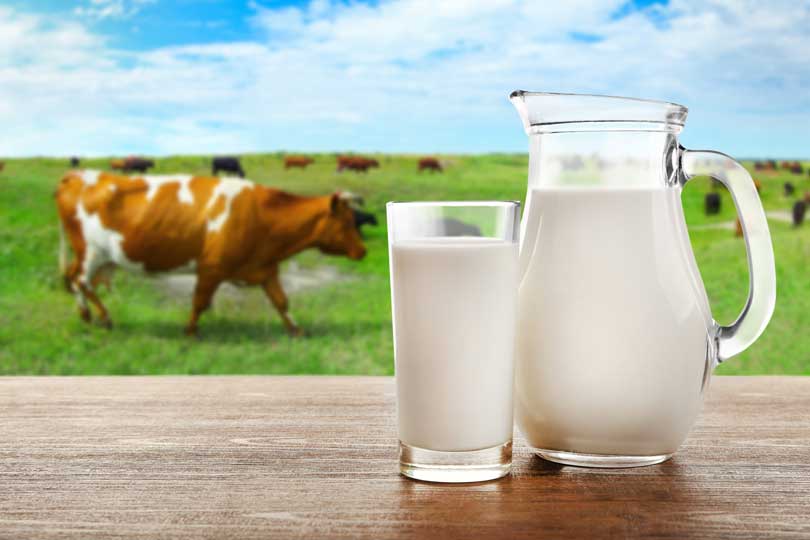By Jennifer Dorsett
Field Editor
Labeling nut and plant-based products as “milk” confuses consumers and financially damages dairy farms across the nation, according to Texas Farm Bureau (TFB).
TFB, dairy organizations and other agricultural groups are calling on the U.S. Food and Drug Administration (FDA) to enforce labeling standards.
“Non-dairy products have piggy-backed on the nutrition and safety of real milk for many years,” Tracy Tomascik, TFB associate director of Commodity and Regulatory Activities, said. “As a result, our farmers have lost market share, while consumers have been misled in the grocery aisle.”
Agricultural advocates say consumers may be getting duped into thinking nut and plant-based milk substitutes contain the same nutritional value as real milk. Nutrition facts about milk have been actively promoted by dairy checkoff programs for years, and the concern is that consumers assume imitation products contain the same benefits.
In Texas, dairies are a $1.8-billion business and remain a highly visible link between agriculture and consumers.
Fluid milk consumption in the U.S. declined eight percent from 2012 to 2016, and during that same period, sales of nut and plant-based substitutes increased more than 65 percent. Dairy farm income is down as a result of the decline in consumption, and many dairies have gone out of business.
FDA asked for public input on the labeling of non-dairy products as milk and other common dairy terms.
In comments submitted to FDA, TFB asked the federal agency to uphold and enforce existing labeling laws that define milk as “the lacteal secretion…obtained by the complete milking of one or more healthy cows.”
This would exclude nut and plant-based substitutes.
The group doesn’t expect label changes to be made overnight, Tomascik said, but everyone benefits from more accurate labeling and enforcement by FDA.


Milk has lost market share because consumers are more health conscious today and want alternatives to animal based products. Many who use nut, rice and soy milks are vegans or are lowering their exposure to cholesterol. It is condescending to the consumer to say they are confused and don’t know what they are doing when they purchase milk alternatives.
It’s interesting that the 1930’s definition of milk is that it’s from a cow but not sheep or goats.